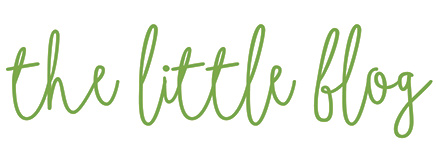What it is about:
Roy and Silo are just like the other penguin couples at the zoo – they bow to each other, walk together and swim together. But Roy and Silo are a little bit different – they’re both boys.
Then, one day, when Mr Gramzay, the zookeeper, finds them trying to hatch a stone, he realises that it may be time for Roy and Silo to become parents for real.
Why we love it:
And Tango Makes Three is the heart-warming true story of two penguins who create a non-traditional family. Based on two penguins at the Central Park Zoo, who found each other during mating season, this is a cute animal story that easily introduces ideas about the nature of families and non-traditional family units. The focus of the book is on the animal story of Roy and Silo, but at the same time, it creates a more inclusive environment for future generations. It introduces the idea that “family” can be more than the traditional setup of “mum + dad + kid” in a kid-friendly, accessible way. In a time when families are becoming more diverse, books like And Tango Makes Three help introduce the subject to children while also fostering a more accepting generation. We love that it gives visibility to children growing up in non-traditional families, who might often find it difficult to find themselves represented in classic children’s books. This is a fun book about the meaning of family, recommended for children from three to eight.
Where to buy:
In contrast to previous books we have shared here, this is a little bit more difficult to find. But not much…
Orell Füssli (English version)
Payot (French version)
German version: I don’t think there is a German version, but this is predominantly a picture book, and we’re trilingual at Little Green House…, so perhaps just go for the French or English one.
Fun Fact:
This book for children from 3 years of age, which has won multiple awards, became the fourth-most banned book between 2000 and 2009, and the sixth-most banned book between 2010 and 2019 in the US. We think this is just another reason to read it to help children grow up with an open mind and being accepting of differences.

